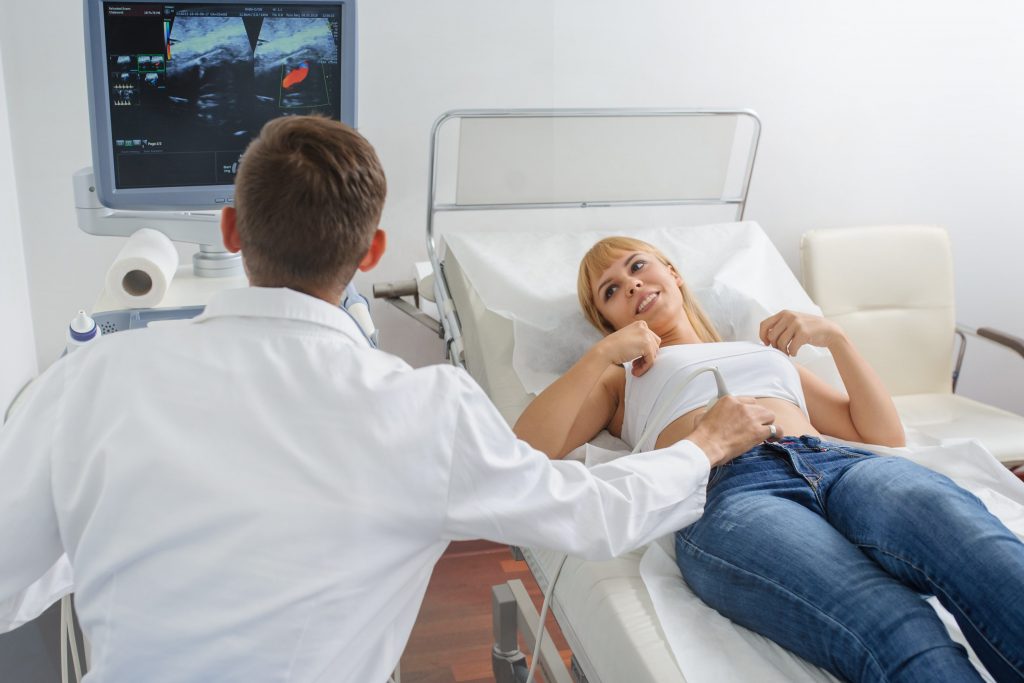
Here is what I have been telling my patients:
There is a lot we do not know about COVID-19, but it seems to be similar to the flu in many respects. Precautions that pregnant women should take include avoiding travel by plane, avoiding crowds, and avoiding exposure to people who are ill. Frequent handwashing is important as the virus may reside on inanimate objects, such as door handles, for several hours. The virus is not absorbed through the skin but infects a person by inhalation through the nose or passage through the mouth.
If a woman experiences flu-like symptoms (fever, chills, muscle aches, or upper respiratory symptoms), she should use over-the-counter medications that her obstetrician considers safe to treat the symptoms. It is not recommended to go to the emergency room unless she is experiencing severe symptoms, like difficulty breathing. She can call her doctor’s office if she is unsure if she should be seen (or she can call the emergency room if she does not have an obstetrician yet). She can find out about the availability of testing in her area by consulting the website of her local health department.
There is no evidence that COVID-19 will infect the baby in her uterus, nor any evidence that it will cause birth defects. In fact, the safest place for her baby is in her womb. If a pregnant woman should become infected, antibodies will cross the placenta that will give the baby protection against COVID-19 after birth.
By Ingrid Skop, M.D.

